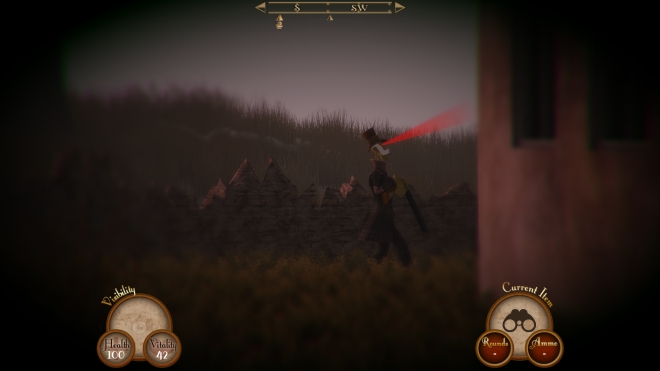
Terraria port for Google Stadia Cancelled.
After backing down from a threat to leave Australia over new regulations, and pulling the plug on in-house Stadia game development, the last thing Google needed was more bad press. Well, Google has dug their own grave as Re-Logic, the creators of Terraria, have cancelled their planned Stadia port after Google disabled and removed access to the Re-Logic YouTube account and attached Gmail and Google Drive accounts due to an alleged Terms of Service violation.
After three weeks trying to resolve the issue, co-creator Andrew Spinks turned to Twitter, burning any bridges with the multinational company by publicly tweeting “Doing business with you is a liability.”
Re-Logic has confirmed that while they will continue to support all current purchases of Terraria on Android and Google Play, any future games by Re-Logic will not be supported on Google platforms.

Cyberpunk 2077 and CD Projekt; the Saga continues.
Since the PC release of Cyberpunk 2077, mods have been coming to the rescue to help with some of players’ issues and desires. Sadly, the way in which Cyberpunk 2077 utilised external DLL files allowed hackers to remotely execute code when malicious mods were installed on a player’s computer. This security vulnerability was quickly fixed by the Cyberpunk 2077 community before the 1.12 Hotfix was released by CD Projekt just three days later.
CD Projekt has also announced via twitter that they were recently the victims of a cyber-attack. The announcement included a copy of the ransom note with the attacker claiming to have copied the source code for their most popular games and an unreleased version of the Witcher 3 as well as other files. CD Projekt has stated that to the best of their knowledge, none of the compromised data contained any player or user data. The incident is currently under investigation by the relevant authorities. After the announcement, CD Projekt’s stock dropped by 5%.

Nemesis system patented.
After almost 6 years since the original application, Warner Brothers has finally had the patent approved for the Nemesis system. Originally utilised in Monolith Productions’ Middle-Earth: Shadow of Mordor, the Nemesis system is where hierarchical NPCs are physically and hierarchically effected by player interaction. The patent is already being criticised by developers for the vagueness of the patent’s wording and how this may stifle any similar games from being developed.
The patent is optioned for renewal till 2035.

And finally, some game releases:
On February 11th you can look forward to the console release date of 1bit minimalist RTS game Death Crown, the Switch Release of the action-adventure roguelike Undermine, and the PC and console release of the side scrolling adventure Little Nightmares 2.
We also have Super Mario 3D World + Bowser’s Fury coming to the Switch on February 12th. And the Mega Man X-inspired multiplayer roguelike 30XX (thirty ex-ex) is coming to PC on February 17th















